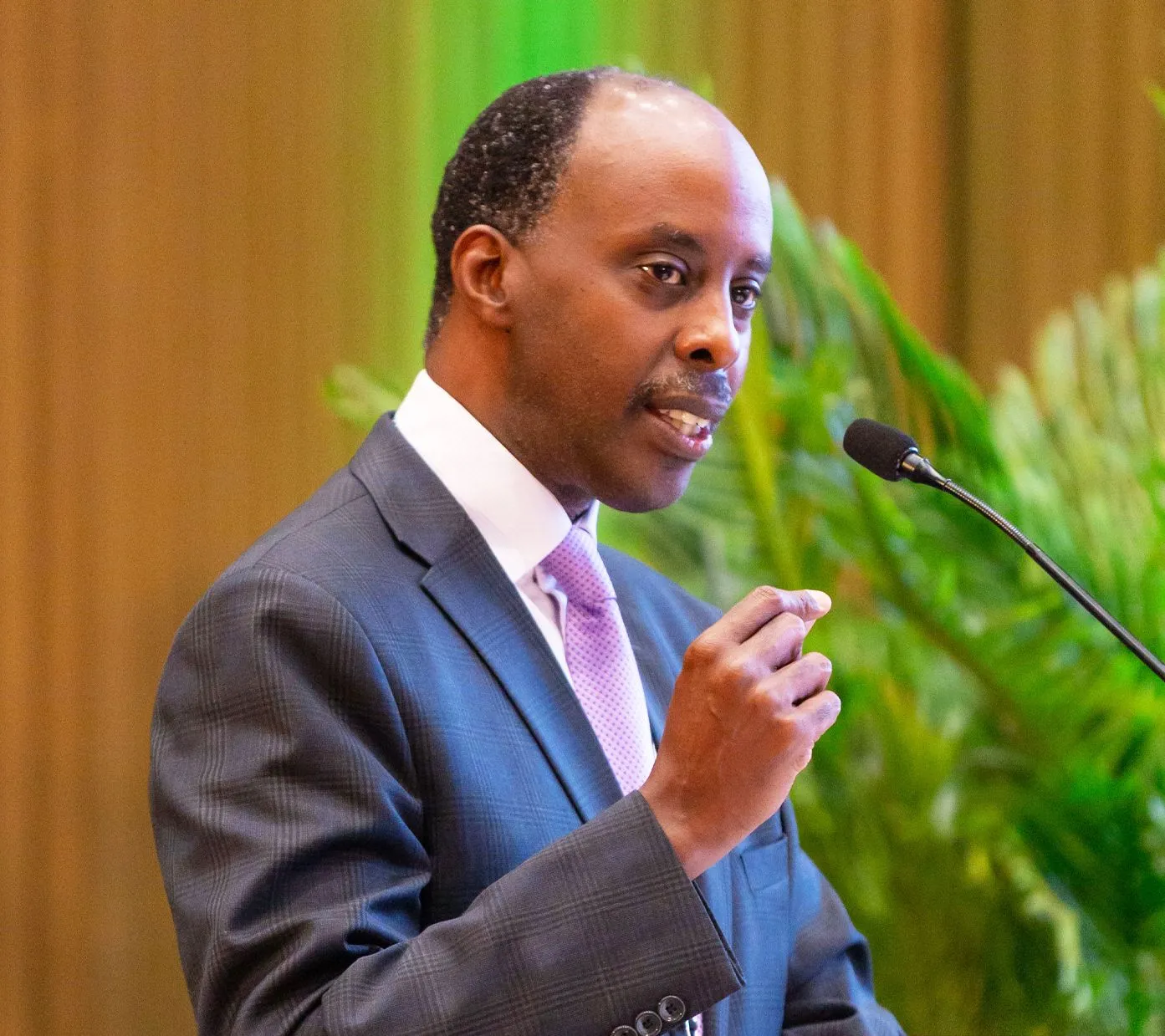
IACO AT A GLANCE
A leading African coffee organization for coffee policy and development.

The Secretary General's Vision
To show the overriding role of coffee in the socio-economic development of Africa, the Heads of State of 11 African coffee producing countries, namely Angola, Cameroon, Central Africa, Congo (RDC), Côte d’Ivoire, Dahomey (Benin), Gabon, Kenya, Madagascar, Uganda, Tanganyika (Tanzania), met on 7 December 1960 in Antananarivo, Madagascar, and resolved to create the Inter-African Coffee Organisation (IACO).
Shortly after its creation, all the African coffee producing countries become members of IACO, realising the significance of united actions against the challenges facing the African coffee industry, including processing and marketing.
Today, IACO is an intergovernmental organisation comprising the following 25 African coffee producing countries: Angola, Benin, Burundi, Cameroon, Congo, Central African Republic, Democratic Republic of Congo, Côte d’Ivoire, Ethiopia, Gabon, Ghana, Guinea, Equatorial Guinea, Kenya, Liberia, Madagascar, Malawi, Nigeria, Rwanda, Sierra Leone, Tanzania, Togo, Uganda, Zambia and Zimbabwe.
Vision
A leading African coffee organization for coffee policy and development.
Mission
Strategy
Supporting the mission, IACO’s four specific strategic objectives are:
- Strategic Objective 1:
Provide a platform for dialogue and alignment of policies to support the development of African coffee in Member States. Policy alignment in support of the coffee industry needs to be prioritised in the national agendas of the IACO member states, with IACO leading the process of policy dialogue where constraints exist within the coffee value chain. IACO will coordinate the harmonisation of Policies and the Regulatory framework in line with the agenda for African coffee development, as well as providing support in terms of briefings, meetings and follow up. Policy papers and policy briefings will be issued from time to time to articulate the position of Africa on various issues affecting the coffee industry.
- Strategic Objective 2:
Coordinate Coffee Research and its Implementation in Africa: IACO is primarily a coordination institution, with implementation of African coffee research and specific decisions taking place in member states, and the sub-regional research networks. IACO will support the building of the institutional structure to facilitate implementation and sharing of results, as well as the development of the system to monitor progress in coffee research in Africa. Protocols for sharing genetic material will be developed in this regard.
- Strategic Objective 3:
Create and enhance awareness on the development of African coffee and promote the participation of the public-private partnerships in the member states in joint activities that benefit from synergies and economies of scale: There is still a low level of awareness among the consumers about the unique characteristics of different Africa coffees, and the need to take into account the interests of African producers. A Communication Strategy, to be developed will identify key audiences, the critical messages and the optimal method of communication. This communication strategy will involve consultation with the private sector and civil society and will aim at creating awareness of international developments that affect coffee producers and what needs to be done to ensure that producers get the best returns for their coffee. Issues such as intellectual property rights for unique African coffees will also be addressed with international partners. It is envisaged that communication will be made in such a way that the private sector and civil society will be able to contribute their skills and knowledge to the process of Africa’s coffee development. IACO will collaborate with private sector associations like AFCA and ACRAM to achieve full PPP benefits for the industry.
- Strategic Objective 4:
Build and strengthen the institutional capacity to provide strategic leadership, guidance and support for coffee development in Africa: The secretariat will build its capacity as well as those of coffee institutions in member states, to develop projects in support of the specific needs and challenges of members and coordinate fundraising activities to support its implementation. A number of strategy documents will be produced to address various issues and concerns as they arise. An African Coffee Facility/Fund will also be put in place to support project implementation.
Africa, though the origin of both Arabica and Robusta coffee, has not taken full advantage of opportunities in the global value chain. Thus, IACO will endeavour to play a key role in galvanising members to take advantage of every opportunity that will promote the transformation of the African coffee value chain.
